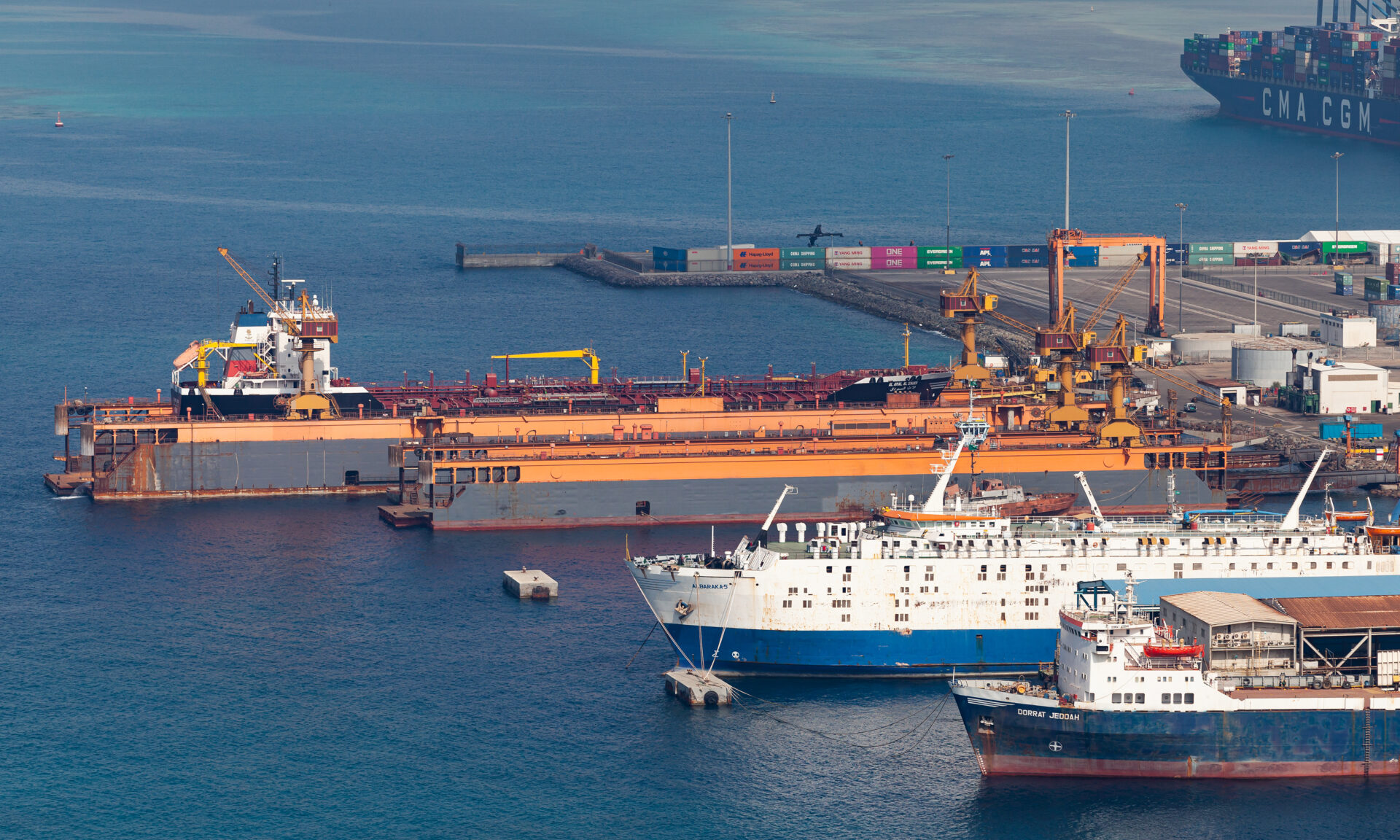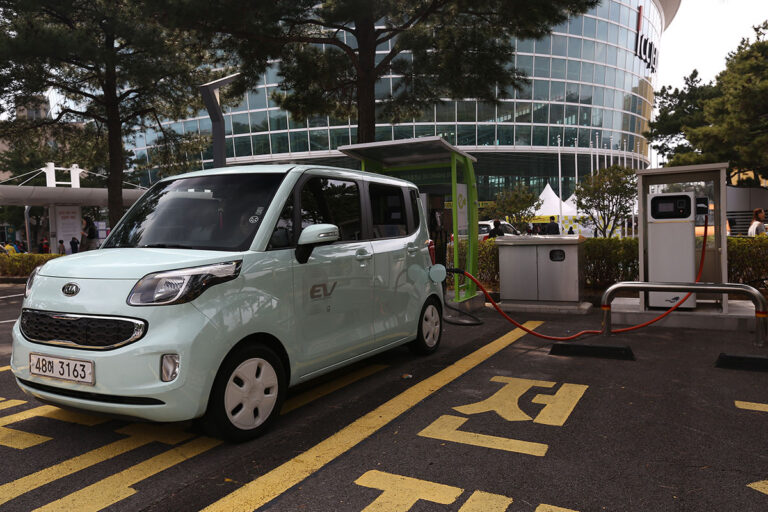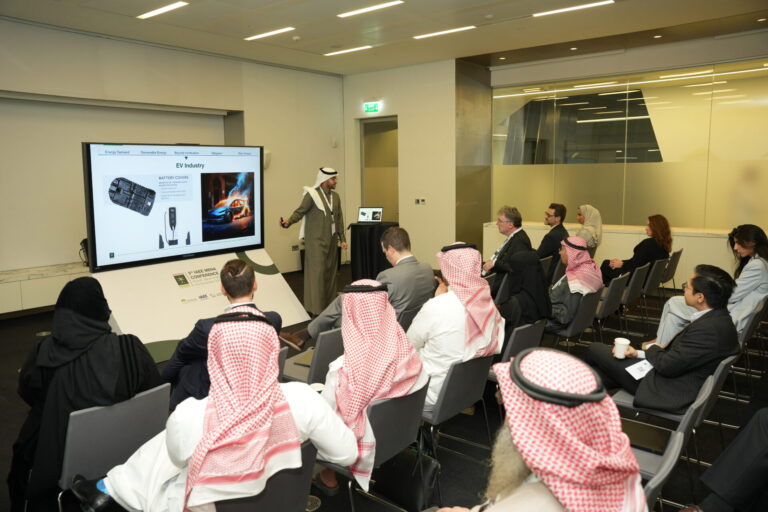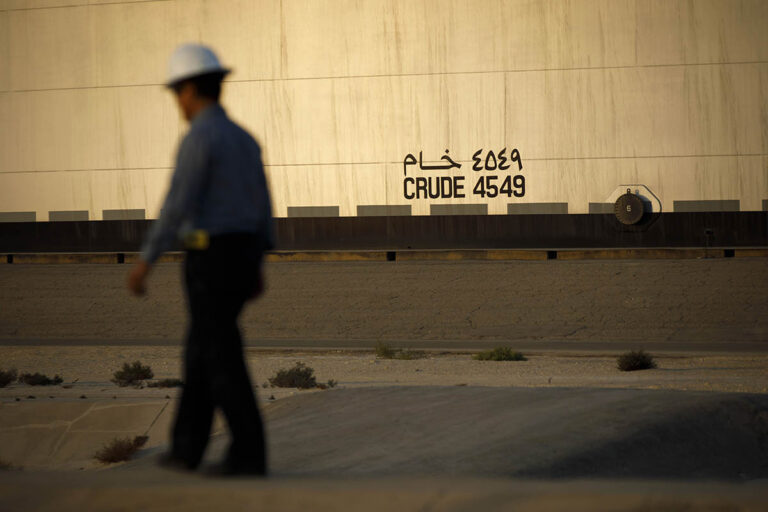As countries around the world tackle their own greenhouse gas emissions, the maritime shipping sector requires collective, concerted, and cooperative action by all nations to reach net-zero carbon emissions.
The complexity and expense of this goal are vast and an equitable sharing of responsibilities and costs should not disproportionately burden developing countries, according to KAPSARC researcher Rubal Dua, whose team is exploring ways to address this challenge.
“The work of our group is essentially to identify and prioritize the questions that can lead to impactful, policy-relevant research,” says Dua.
Looking at maritime shipping decarbonization, Dua—with colleagues AHM Mehbub Anwar, Kannan Govindan, and Prateek Bansal—began by analyzing media reports on relevant topics, then reviewed academic literature, and finally conducted an expert-based prioritization by diverse delegates at the Transportation Research Board (TRB) 2024 conference in Washington, DC.
“Media discourse often does not get the credit it deserves in the scholarly world,” says Dua. “Media reports frequently highlight emerging economic, policy, and sustainability issues before they are thoroughly investigated in academic literature. They also include perspectives from non-academic stakeholders, which are often underrepresented in scholarly work.”
To vet and validate media reports, the issues raised were translated into techno-economic and policy research challenges that were then researched through a literature review to determine their real impact on achieving net-zero maritime shipping.
With this set of validated challenges, which includes alternative fuels, carbon offsets and a carbon levy, the researchers engaged in live expert polling as part of a presentation on maritime shipping decarbonization at the TRB conference. The presentation drew a diverse crowd including maritime researchers, policymakers, industry practitioners, and representatives from government and academia.
“The study, including the outcomes of the expert polling, highlights the crucial need for more in-depth research on how to fairly split responsibilities between developed and developing nations to reach net-zero greenhouse gas emissions in maritime shipping,” says Dua.
“The fairness debate is also about how we manage a potential shipping carbon levy, which might raise the prices of shipped goods and impact developing countries the hardest.”
Current discourse suggests revenue raised by a shipping carbon levy be used to fund climate projects in developing countries, or that certain countries could be exempted from the levy altogether. “However developing countries are hesitant—many past promises of climate finance from developed nations have not been kept, making them wary of new commitments,” Dua says.
Reference
1. Dua, R. and Anwar, AHM M. Expert survey assessment of emerging maritime decarbonization challenges and priorities. | Article




